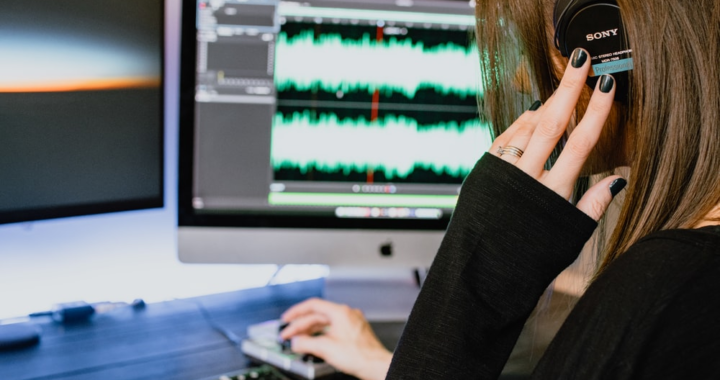Audio forensics is one of the latest innovative branches in scientific forensics. Audio forensics is designed to make unintelligible audio files understandable so that they can be used to help the case and provided as evidence in court. Advanced, modern software paired with trained and skilled audio engineers, and detectives and agents are involved in completing the whole process.
The whole process has made investigations a lot easier and also speeds them up. Previously, police officers would get suspects to speak a phrase or a sentence, and then match the voice found in an audiotape, but now that tape is analyzed directly.
So, the question arises, how does audio forensics reveal the secrets? In this blog, we’ll explain the whole process.
Process of Audio Forensics
The process of forensics is divided into three major steps:
1. Identifying the Voices
In the first step of the process, the investigation officer or the engineer tries to identify the voices in an audiotape. This is done by enhancing the audio quality of the audiotape. The main aim is to reduce the background noise and make the voices of people clear.
The audio should ideally be clear enough so that the judge and jury can hear it properly in court, otherwise, the judge will dismiss it and it won’t count as a piece of evidence in the case.
2. Check for Tampering
The next part is to check if the audio is authentic or has anyone tampered with it. Additions in an audio file or removal of some part of it can be found by checking the hum. The hum is kept at a constant 60 Hertz by power companies, yet it changes in smooth, constant waves over time. However, if someone alters a video to try and hide anything, the background hum may abruptly shift. The hum, known as the electronic network frequency, can be found in almost all of the recordings.
3. Identifying Lies
In the last step of the audio forensic process, the expert examines the audio and tries to ensure the authenticity of the audio file. This stage is specifically dedicated to finding lies in the file. The engineer compares a person’s speech rhythm to the person’s rhythm when he answers basic inquiries like “What is your name?” and “Where do you live?,” etc.
If you feel you have been a victim of a crime and have some audio files or recorded phone calls that can potentially be used as evidence, Eclipse Forensics can assist you. Our team of audio forensics experts in Florida will help you recover or extract information from unclear or coded audio files. Moreover, we also provide digital forensics, video forensics, and file extraction services.
Contact us now to learn more about it.


